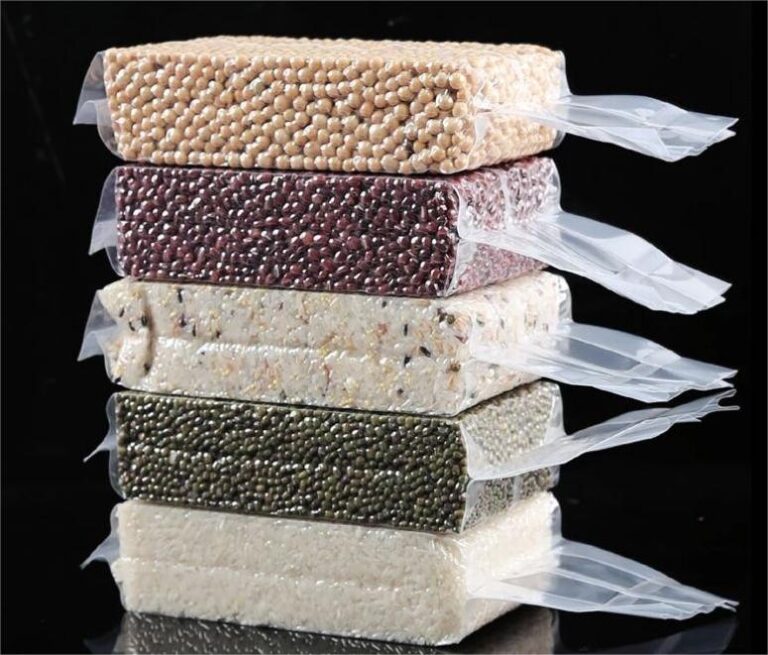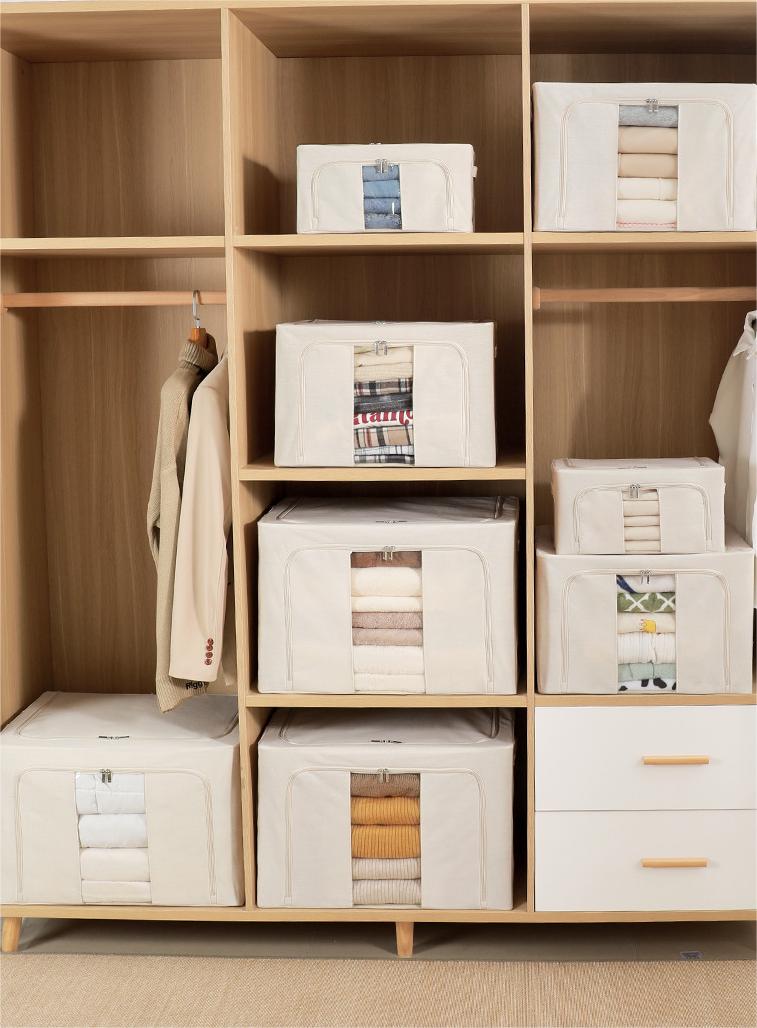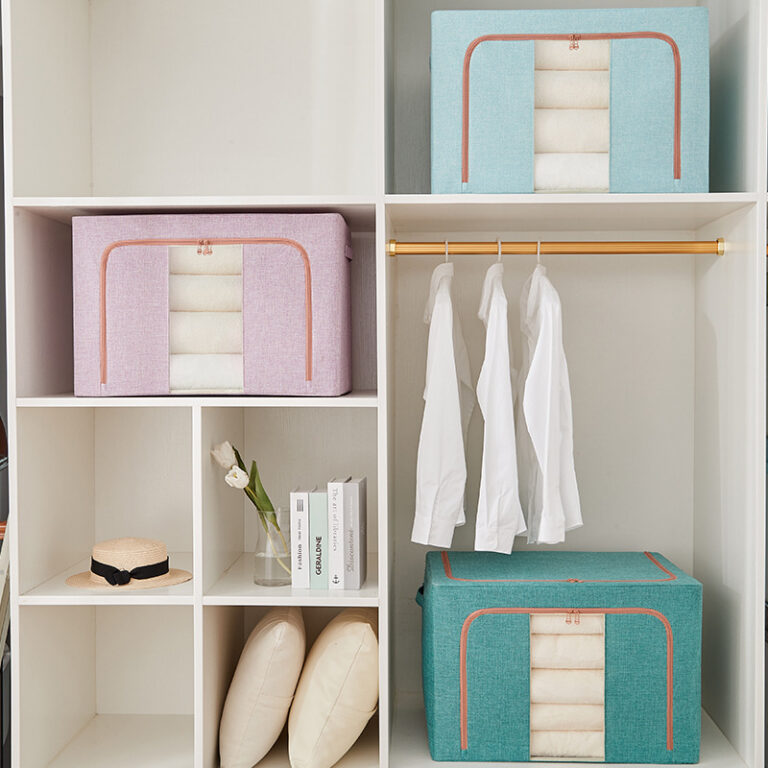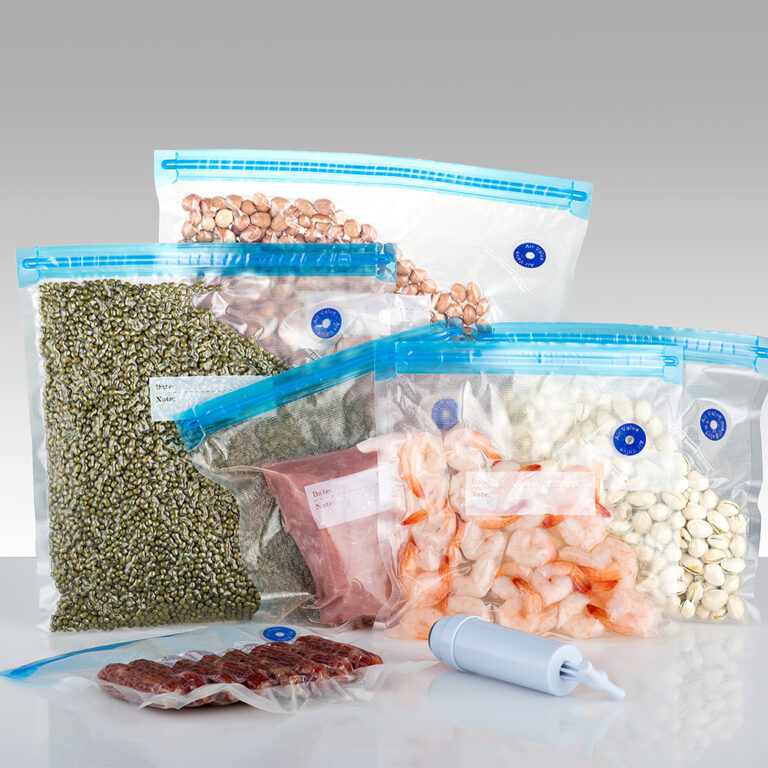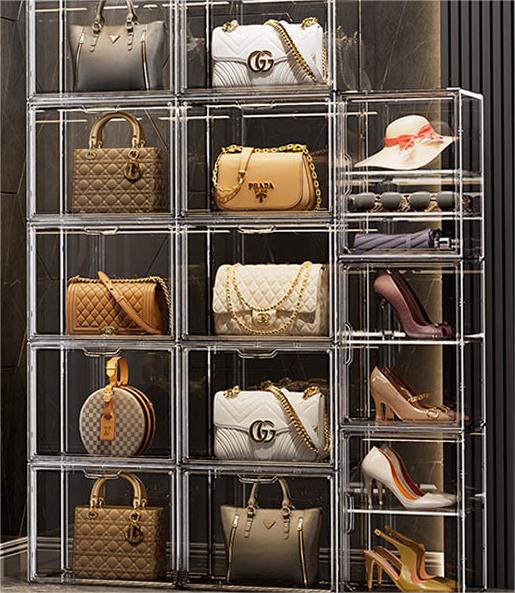Table of Contents
Introduction
In today’s world, where sustainability and health are at the forefront of consumer choices, glass food storage containers have become a popular alternative to plastic. These containers offer numerous benefits, from keeping food fresh to being environmentally friendly. They are versatile, durable, and aesthetically pleasing, making them a valuable addition to any kitchen. In this article, we will explore the various advantages of glass food storage containers, how they compare to other materials, and why they are an essential item for modern households.
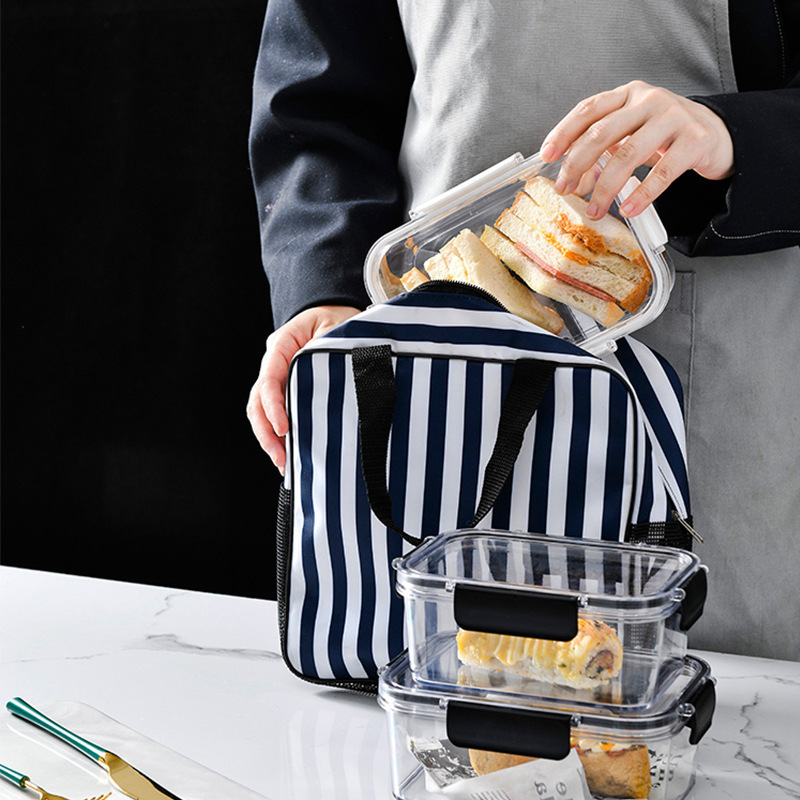
The Benefits of Using Glass Food Storage Containers
One of the primary reasons people are switching to glass food storage containers is the numerous benefits they offer. Unlike plastic, glass does not leach harmful chemicals into food, making it a safer option for storing leftovers, meal prep, or even ingredients. Glass containers are non-porous, meaning they don’t absorb odors, flavors, or stains, which helps in maintaining the freshness and taste of the food.
Additionally, glass containers are microwave-safe, allowing for easy reheating of food without the risk of releasing toxins. They are also dishwasher-safe, making them easy to clean and maintain. Their durability ensures that they can be used repeatedly over the years, making them a cost-effective option in the long run.
Glass vs. Plastic: A Comparison
When choosing between glass and plastic food storage containers, it’s important to consider factors such as safety, durability, and environmental impact. Plastic containers, while lightweight and often more affordable, have significant downsides. They can warp or melt when exposed to high temperatures, such as in the microwave or dishwasher, and many types of plastic can leach harmful chemicals into food, especially when heated.
In contrast, glass containers are heat-resistant and do not contain any harmful chemicals, making them a safer option for food storage. While glass is heavier and more fragile than plastic, its longevity and sustainability make it a more responsible choice for environmentally conscious consumers. Glass containers can also be recycled, further reducing their environmental footprint compared to plastic.
How to Properly Care for Glass Food Storage Containers
Proper care and maintenance of glass food storage containers can extend their lifespan and ensure they remain in top condition. Here are some tips for caring for your glass containers:
- Avoid Extreme Temperature Changes: While glass is heat-resistant, sudden temperature changes can cause it to crack or shatter. Always allow glass containers to cool down before placing them in the refrigerator or washing them in cold water.
- Use Appropriate Lids: Most glass food storage containers come with plastic or silicone lids. Ensure that these lids are securely fastened to prevent spills and leaks. However, avoid microwaving the lids if they are not labeled as microwave-safe.
- Stacking and Storage: To prevent accidental breakage, store glass containers carefully by stacking them with protective layers between each one. Alternatively, use stackable sets designed for safe storage.
- Cleaning: Glass containers are dishwasher-safe, but hand washing with a soft sponge can help maintain their clarity and prevent scratches.
By following these simple care tips, you can keep your glass food storage containers in excellent condition for years to come.
The Environmental Impact of Glass Food Storage Containers
One of the most compelling reasons to switch to glass food storage containers is their positive impact on the environment. Unlike plastic, which is derived from non-renewable resources and contributes to pollution, glass is made from natural materials such as sand, limestone, and soda ash. Glass production has a lower environmental impact, and glass containers can be recycled indefinitely without losing quality.
Moreover, the durability of glass containers means they can be reused for many years, reducing the need for single-use plastic containers that often end up in landfills or oceans. By choosing glass, consumers can reduce their carbon footprint and contribute to a more sustainable future.
Health Benefits of Storing Food in Glass Containers
Storing food in glass containers offers several health benefits. Glass is a non-reactive material, meaning it doesn’t interact with food, ensuring that the taste and nutritional value of the food remain intact. This is particularly important for acidic foods like tomatoes or citrus fruits, which can react with plastic or metal containers.
Additionally, glass containers do not contain BPA or other harmful chemicals commonly found in plastic. This makes them a safer option for storing food, especially when it comes to baby food, leftovers, and meal prep. The transparency of glass also allows you to see the contents clearly, reducing the likelihood of food going bad unnoticed.
Versatility and Aesthetic Appeal of Glass Food Storage Containers
Glass food storage containers are incredibly versatile and can be used for various purposes beyond just storing food. They can be used for baking, serving, and even as decorative items in the kitchen. The clear, elegant design of glass containers adds a touch of sophistication to any kitchen and dining table.
Moreover, glass containers are available in various shapes and sizes, making them suitable for storing everything from snacks and leftovers to bulk items like grains and pasta. Their versatility makes them a practical and stylish choice for any kitchen.
Choosing the Right Glass Food Storage Containers for Your Needs
When selecting glass food storage containers, it’s essential to consider your specific needs and preferences. Here are some factors to keep in mind:
- Size and Shape: Choose containers that match your storage needs. Small containers are perfect for snacks or small portions, while larger ones are ideal for bulk storage or meal prep.
- Lid Type: Consider the type of lid that comes with the container. Snap-on plastic lids are common, but silicone lids offer a more secure seal. Some containers also come with glass lids for an all-glass option.
- Stackability: Look for containers that can be easily stacked to save space in your kitchen cabinets or refrigerator.
- Oven-Safe: If you plan to use the containers for baking or reheating in the oven, ensure they are labeled as oven-safe.
By considering these factors, you can choose the glass food storage containers that best suit your kitchen needs.
Conclusion
In conclusion, glass food storage containers are a sustainable, practical, and aesthetically pleasing choice for any kitchen. Their numerous benefits, including safety, durability, and environmental friendliness, make them a superior alternative to plastic containers. By investing in glass food storage containers, you not only enhance the organization and functionality of your kitchen but also contribute to a healthier lifestyle and a more sustainable planet. Whether you’re storing leftovers, prepping meals, or looking for a versatile container, glass is the clear choice.

